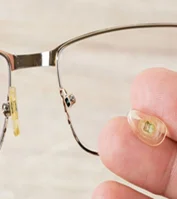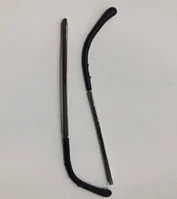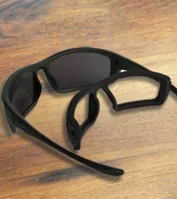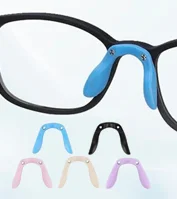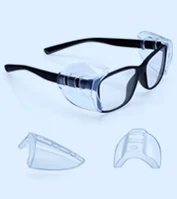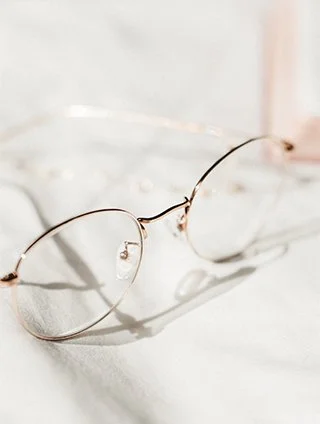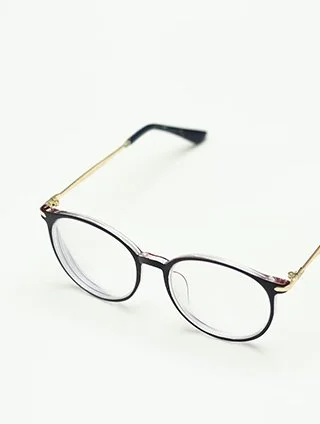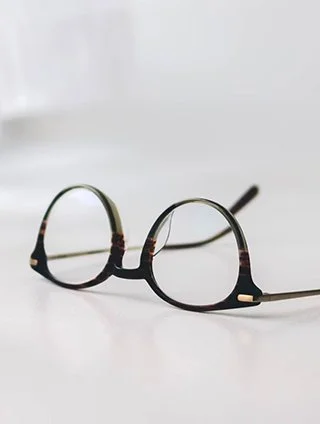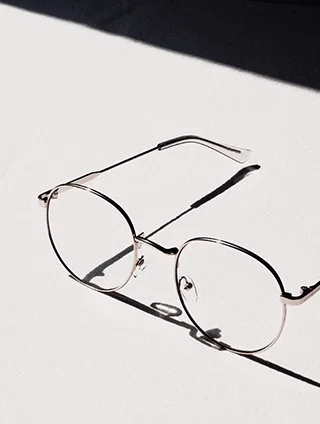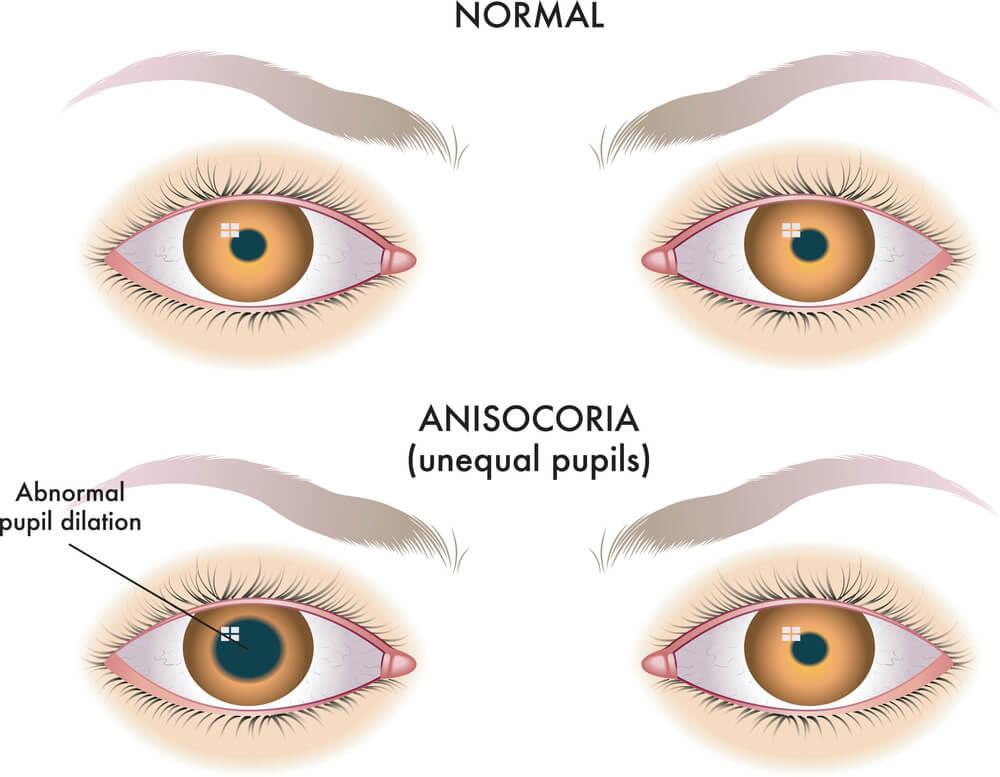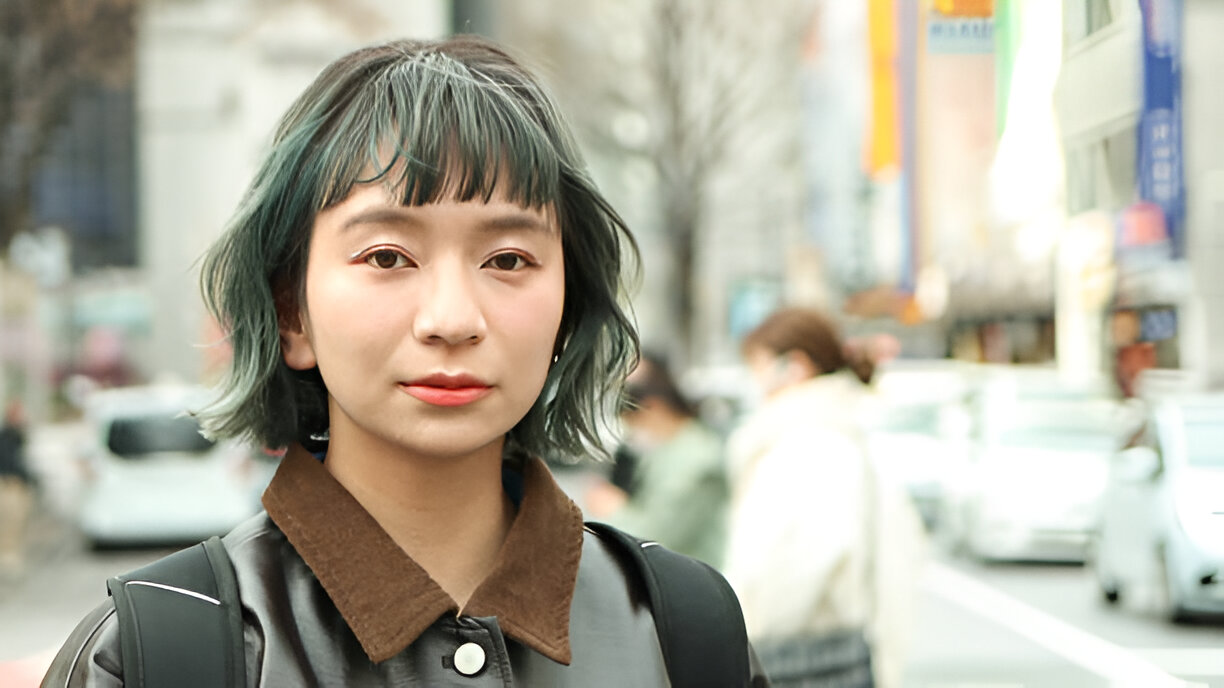Last updated: Wednesday, November 26, 2025
An expansion of the pupils is called dilatation of the eyes. When applied medicinally, it usually lasts four to twenty-four hours. Sometimes, doctors will employ eye dilation medications like drops to purposefully dilate a patient's pupils and maintain that dilation. By doing this, the physician may see inside the patient's posterior lens, which helps with several eye diseases.
It takes time for eye drops to properly dilate the eyes; typically, this takes up to 30 minutes. Usually, eye dilatation lasts four to twenty-four hours. This margin of error is large because many factors have a major impact on how long ocular dilatation lasts. Here are the variables that assist in predicting the duration of eye dilatation in this post. Besides, here is also how to handle any possible adverse effects of ocular dilation drops.
What Goes Through A Dilation Of The Eyes?
A dilated eye test is a diagnostic procedure used to detect eye illnesses and disorders in their beginning stages. The eye doctor will give the dilating eye drops, who may be an optometrist or an ophthalmologist, before the start of the eye dilation test. The American Academy of Ophthalmology states that ocular dilatation starts to work in 20 to 30 minutes after that. However, dilatation occurs more quickly in those with green or blue eyes than in those with brown eyes. Some additional tests that could be part of the dilated eye checkup include:
- Pupil response test: The practitioner inserts a tiny flashlight into the pupils' eyes to gauge their response to the light.
- Eye muscle strength test: The patient is asked to use their eyes to track a moving object. The physician can examine for issues with the muscles around the eyes using this movement.
- Visual acuity test: The patient is asked to read letters both up close and far away. The outcomes show one's level of vision clarity.
- Visual field test: Subjects describe if they can see items in their peripheral vision while keeping their eyes motionless. This exam evaluates the subject's peripheral vision.
- Tonometry test: A tiny amount of air is swiftly puffed into the eye using a specialized machine. This method assesses the intraocular pressure of the eye.
What Is The Duration Of Ocular Dilation?
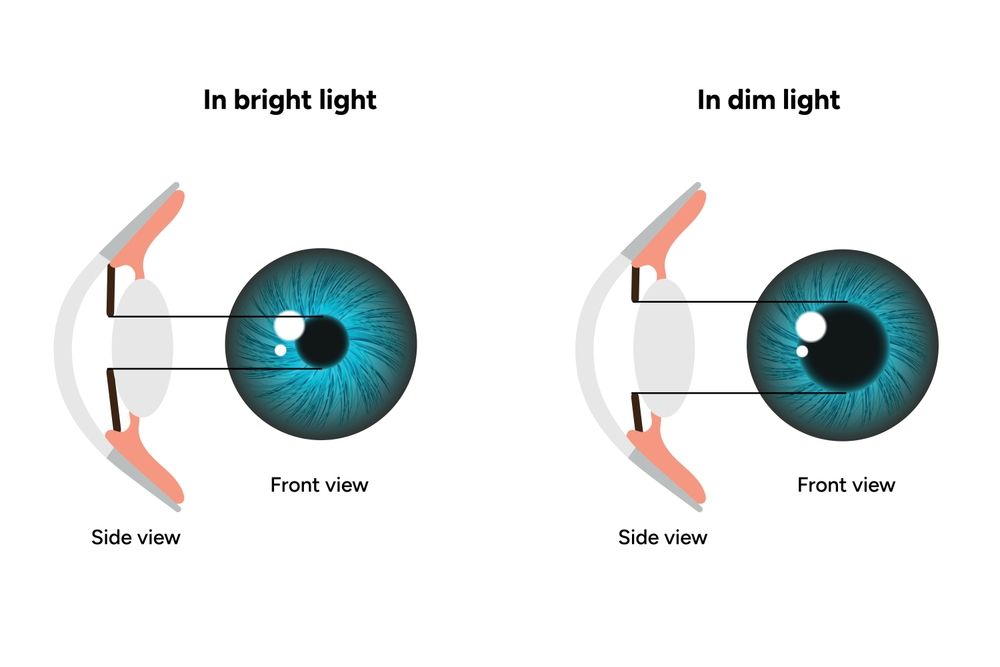
The dilation process itself continues even if the dilated eye test may end quite fast. A person may suffer from many effects of ocular dilatation during this time:
- Hazy vision
- Sensitivity to strong light, like sunlight;
- Trouble focusing on objects nearby
The amount of time that eyes dilate might vary greatly. The usual dilatation lasts four to twenty-four hours, according to the American Association for Pediatric Ophthalmology and Strabismus. The duration that the eyes stay dilated, however, depends on several distinct circumstances. Among them are:
- Ocular colour: Compared to people with darker eyes, those with lighter eyes typically endure the effects of ocular dilatation longer.
- Age: Younger kids typically have very strong ocular focus mechanisms. As a result, they need stronger medications to cause pupil dilation. A child's eyes may remain dilated as a result for up to 24 hours.
- Medication type: The duration of pupil dilation depends on the kind of medication a physician prescribes. For instance, to minimize side effects, a physician treating nearsightedness may use milder eye dilation medications.
Tips For Handling Side Effects
There are various negative implications of eye dilatation. Stinging is usually the most immediate impact and happens as the eye dilation solutions come into contact with the eyes. To stop the stinging sensation, doctors sometimes give numbing drops to the eye beforehand. The following are potential side effects that the person could encounter after the dilation drops start to work:
- Light sensitivity;
- Impaired vision;
- Difficulties focusing on close objects
Rarely, a person may develop an allergy to the eye dilation drops, causing their eyes to swell and become red. More severe allergic reactions could cause the following symptoms:
- Fast heartbeat;
- Facial flushing;
- Dry mouth
- Potential issues
Sometimes eye dilatation causes cycloplegia, a transient condition. The weakness of the eye muscle that permits focus is known as cycloplegia. Cyclothlegia usually only happens while the ocular dilation medications are working. Rarely, cycloplegia may persist for several days because of eye dilatation. Though extremely worrisome at first, this is a transient ailment that will eventually disappear.
Some underlying ocular disorders may also exacerbate the consequences of eye dilatation. One's eyesight might be impacted by conditions including cataracts, glaucoma, and lazy eyes. Sometimes, while the eye-dilated pills are working, these vision issues could get worse.
Things Not to Do Following Eye Dilation
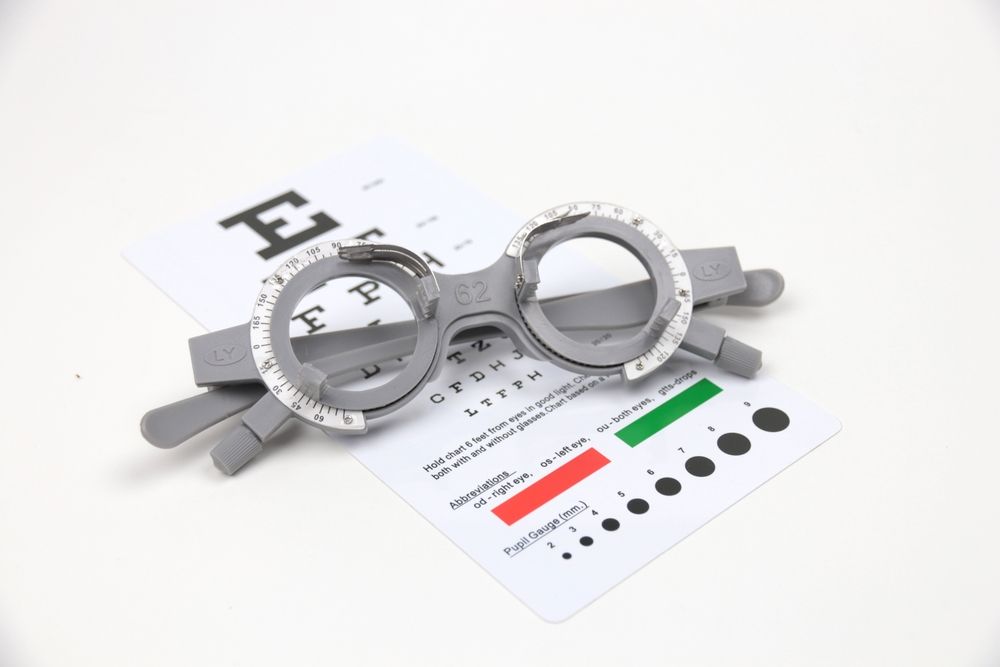
After your eye test, your pupils will likely still be dilated, so it's vital to understand which tasks not to do so you can schedule around it. When your pupils are dilated, you should steer clear of the following major things:
- Driving: After your eye test, it is risky to drive due to the hazy vision that comes with pupil dilation. It can be even worse if the sun is out. It is advisable to arrange for a driver to assist you when your eyes are dilated.
- Using a screen - People with dilated pupils may find intense light from sunlight or a screen upsetting. Plus, it's challenging to focus on a tablet or smartphone.
- Rubbing your eyes: Rubbing your eyes isn't great for your health in general, but it can be extremely dangerous if your pupils are dilated. If your eyes are scratchy, try closing them and resting them until they return to normal. You can also use artificial tears during this time.
- Close work –Working with dilated pupils makes it difficult for the eyes to concentrate up close, which makes it tricky. "Fighting through the dilation" could cause eye strain. The best course of action is to wait till your eyes return to normal.
- Use of machinery: If your pupils are dilated, avoid using power tools, exercise equipment, or kitchen appliances. It is unsafe for you to operate them with impaired vision.
Before you book an examination, talk to your eye doctor about any concerns you may have if you think that dilation of the eyes would interfere with a significant occasion.
Five Strategies to Control the Pupil Dilation Side Effects
Blurry Vision. Light sensitivity. Some unpleasant (albeit transient) adverse effects are possible with dilating eye drops. This is how you handle them. Dilation is an essential component of a thorough eye examination. It assists your optometrist in identifying vision-robbing conditions in their early stages, when it is most feasible to stop or reverse the harm, like age-related macular degeneration and glaucoma.
Only a small portion of someone's inner eye is visible to you when you gaze into their eyes without dilation. However, a great deal of illnesses occur outside the purview of a typical examination. Your ophthalmologist can get a deeper, more comprehensive picture of your eyes' health when you let in more light. For this reason, many health professionals suggest having a thorough eye exam, which typically involves dilation at the very least:
- Every 2 years for anyone under 64.
- Annually beginning at age 65
- If you are or have been at risk of developing eye disorders, once a year, or more frequently as advised by your optometrist
Although dilation drops typically enlarge pupils in 20 to 30 minutes, dilatation has negative effects that might last for several hours after they wear off. Your pupils won't be ready to constrict normally throughout that period. Reading may be challenging, your vision will be fuzzy, and your eyes will be more reactive to bright light.
Here are five safety and comfort tips to aid you after your eyes become dilated, along with what to expect.
1- Don't Forget Your Shades
Light sensitivity is the primary adverse impact of dilatation, and having sunglasses will be very beneficial. This is because of dilatation, which causes your pupils to enlarge and prevents them from constricting as they typically would. It increases the amount of light—including UV rays from the sun—that enters your eyes. Wearing Nike sunglasses when you're outside and on your way back home is a smart idea until your eyes adjust. (Pro tip: Even on foggy days, you should always wear sunglasses when you walk outside.)
2- Make A Drive To Take Your Home
Driving yourself home could be especially difficult due to the glare from sunlight and some lingering fuzzy vision after the drops. Therefore, having a driver is certainly helpful. Seek the assistance of someone you know to drive you home following your eye checkup. If that's not feasible, be safe and extend your stay in the waiting area for a few more minutes once your exam ends. You might also use that time to look at the frame choices. Give yourself enough time to prepare for pupils who have slight shrinkage.
3- Unwind While Reading And Working On Close-Ups
When you glance from anything distant to something close at hand, such as reading a text on your cell phone after staring out of a window, the muscles of the sphincter in your irises normally tense up quickly. This maintains crisp near eyesight. However, those muscles won't contract like that unless the drops stop working after a dilated test.
The second negative effect of dilation is that we lack our ability to change, and our eyes can't focus on things up close. That can also make reading challenging for a few hours. It could be simpler to read without reading glasses during this period if you often need them for myopia (nearsightedness). While reading, lowering the brightness of the screen on a laptop, tablet, or smartphone may also help reduce eye strain.
4- Think About Taking A Few Days Off From Work
It may be difficult to work in the hours after a dilated eye exam because of blurry vision, trouble reading, and light sensitivity. Besides, following an eye exam that involves dilatation, your eyes may also feel heavy and worn out. To allow you to work for the majority of the day and then head home following your eye exam, several eye doctors advise booking your appointment for afterwards in the afternoon.
5- Try To Have Patience While The Adverse Reactions Put Off
The negative effects of eye dilatation generally last up to six hours. However, a lot of things, like the colour of your eyes, might influence how long that lasts. Besides, blue and green eyes may dilate more quickly than brown eyes and can take longer to recover to normal. There could be some discomfort or annoyance in the hours following a dilated eye test. But make an effort to wait patiently. You can relax knowing that you have done a great favour for your eyes and that they will soon be back to normal.
How To Minimize Eye Dilatation More Quickly?
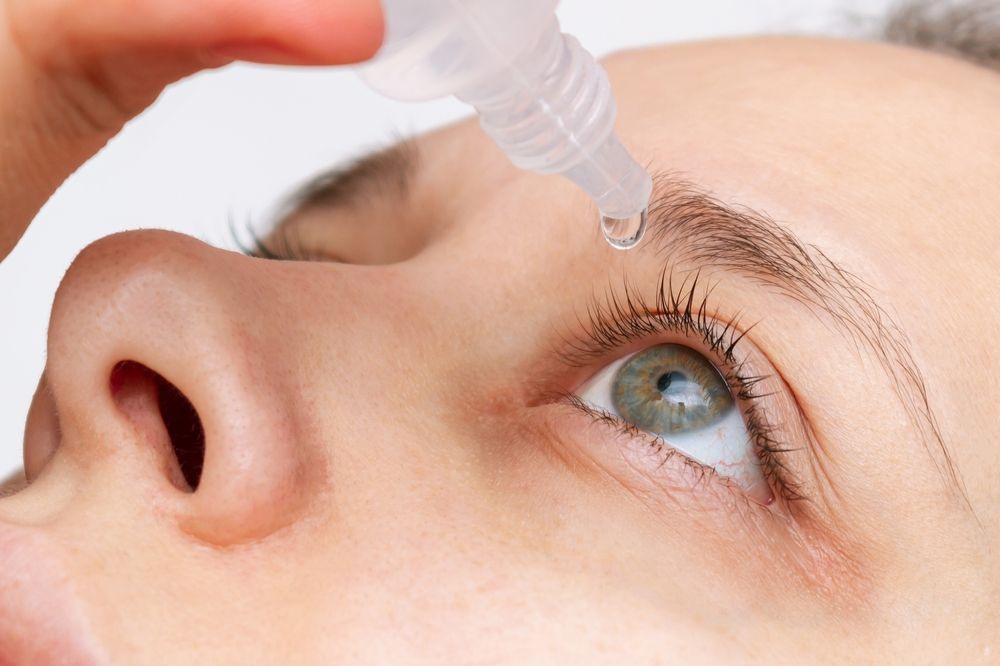
Although certain eye drops can lessen dilatation, most eye physicians don't advise using them. Making every effort to reduce the amount of time during which your eyes are dilated is the healthiest option for action.
- Having someone you care about drive you home after your appointment,
- Wearing sunglasses if you spend any time outside, limiting your time in the sun,
- Wearing blue-light glasses when looking at digital screens, decreasing the brightness of your screens as much as possible,
- Using readers when your pupils are dilated,
Your eyes can shrink back to their normal size for up to six hours following the highest point of your pupil dilation. According to your age, eye colour, and prescription drug use, you can potentially have prolonged periods of pupil dilatation.
To fully understand the well-being of your eyes, eye dilation is a necessary aspect of your eye exam, even if it can feel like more effort than it's worth. Although it's inconvenient, everything can be back to normal in a few hours.















